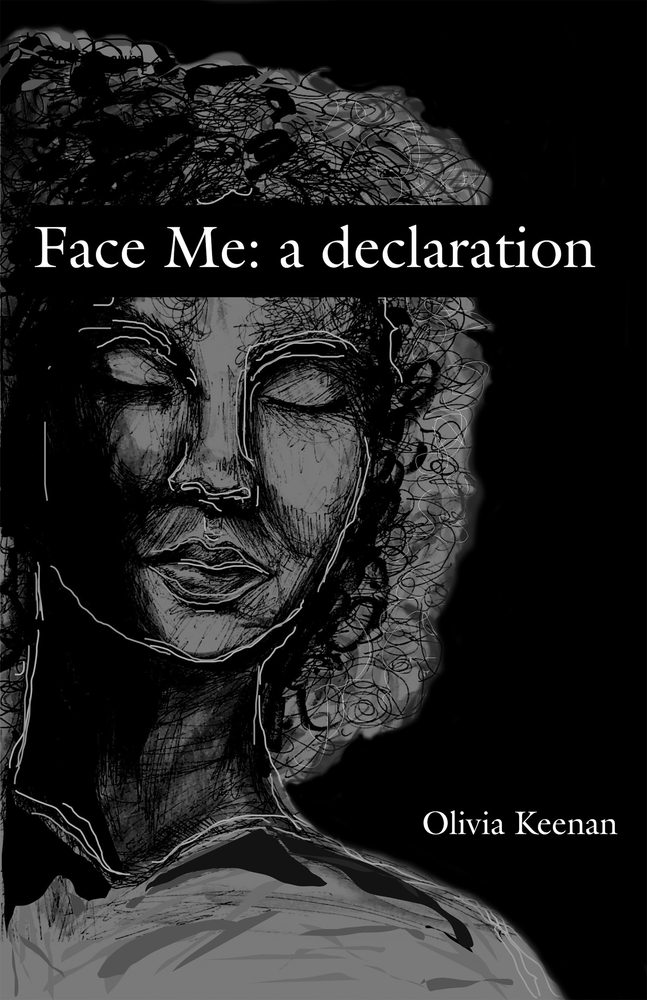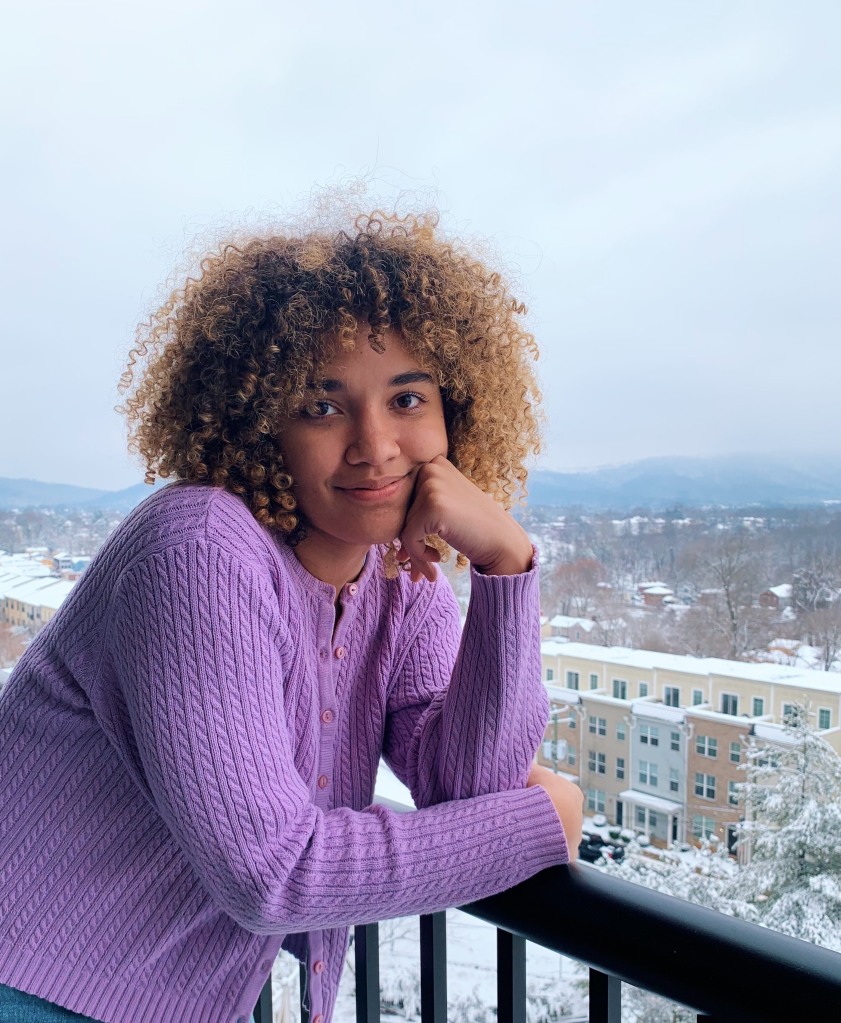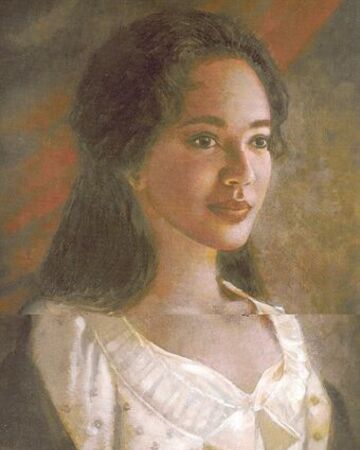The Book
“Elikem married me in absentia; he did not come to our wedding.”
Afi Tekple is a young seamstress whose life is narrowing rapidly. She lives in a small town in Ghana with her widowed mother, spending much of her time in her uncle Pious’s house with his many wives and children. Then one day she is offered a life-changing opportunity—a proposal of marriage from the wealthy family of Elikem Ganyo, a man she doesn’t truly know. She acquiesces, but soon realizes that Elikem is not quite the catch he seemed. He sends a stand-in to his own wedding, and only weeks after Afi is married and installed in a plush apartment in the capital city of Accra does she meet her new husband. It turns out that he is in love with another woman, whom his family disapproves of; Afi is supposed to win him back on their behalf. But it is Accra that eventually wins Afi’s heart and gives her a life of independence that she never could have imagined for herself.
A brilliant scholar and a fierce advocate for women’s rights, author Peace Adzo Medie infuses her debut novel with intelligence and humor. For readers of Chimamanda Ngozi Adichie and Candice Carty-Williams, His Only Wife is the story of an indomitable and relatable heroine that illuminates what it means to be a woman in a rapidly changing world.
The Interview
Adira: Ms. Medie, I appreciate you taking the time to speak to me today!
Your writing in His Only Wife had me so compelled and invested from its first sentence to the point where I pulled an all-nighter to finish it.
Can you tell me about how you came up with the idea for your novel and what or who influenced your writing process?
Peace Adzo Medie: The influence for His Only came from several places, including my research. I study how gender norms affect various areas of women’s lives, including how these norms impact on their relationships, including marriage. I have published a book on the response to gender-based violence in Liberia and Côte d’Ivoire and the novel was another vehicle through which I could explore how these norms affect women’s lives.

A: Like you, I come from an academic background and am big on research that pushes for the conversation of advocacy for vulnerable populations, such as women, children, and those without sufficient resources. You currently also have a scholastic book out now called Global Norms and Local Action: The Campaign to End Violence against Women in Africa. Is there a connection between His Only Wife and this nonfiction work? If so, did your research for either book influence the other?
PAM: Yes, one of the findings from ‘Global Norms and Local Action’ was that women’s relatives and friends influenced the decisions they made after they experienced intimate partner violence. For example, some women told me they stayed in an abusive relationship because of pressure from a parent. While physical violence is not a theme in His Only Wife, pressure from family is a major issue in the book. And I chose to write about it partly because of my research.
A: For Afi and Eli, community plays a huge part in their decisions throughout your book. How would you define community, and how did you use that definition to influence how you wrote the characters and settings in your novels?
PAM: Community describes the people closest to us, those we rely on and are accountable to, those in whom we see ourselves. It is the nuclear family, but also the extended family and those not related to us but surround us and touch our lives in manifold ways. In His Only Wife, most characters, especially Afi and Eli, are very concerned about their community, particularly their extended family, and this shapes much of what they do. The story underlines the connection between community expectations and character’s daily decisions and actions.
A: As a social worker, when thinking about clients, I am always confronted with the notion of class and gender and the inherent social boundaries of each. These two things, along with the client’s race, often influence what choices are available to that person and if they are hindered or helped by the resources that are open to them.
With His Only Wife, you show readers so many variations of how gender and class are tackled by each woman and woven into the fabric of their lives in their backgrounds, the jobs that are available to them, who they can date, and even the food they choose to eat. Was there a significance to how you explored these themes in the building of community in the novel and the character development of Afi, Evelyn, and Mawusi versus the older generation of women in your book (Aunty & Afi’s mother)?
PAM: Yes, I wanted to show how socioeconomic factors limit the options that are available to women, particularly young women like Afi. Many of the decisions that Afi and her mother made were guided by her socioeconomic status. In fact, I don’t think that Afi would have received that marriage proposal if she were from a well-off family, so we see class at play from the very beginning. I sought to show how the socioeconomic status of each character, especially the women impacted on what was possible in their lives. I especially wanted to show how experiences diverged and how some people succeed in climbing the economic ladder and how this then impacted their relationship with those around them.
A: Throughout your novel, there is an emphasis placed on the distinction between a “ceremonial wedding” and a “church wedding.” Does this hold cultural significance for Ghanaian culture, or was this written to help build tension for the drama of your novel? And if it was done for the novel’s sake, why was Elikem’s family so sure it would “fix” him?
PAM: I think a lot of people in Ghana have the traditional wedding and the church wedding. The latter is a relatively new practice that came with Christianity. However, the traditional wedding (and marriage) is deeply rooted and holds great significance in Ghanaian cultures. It usually involves both families, because it is not only about the bride and groom. There is a cultural and legal distinction between these two types of marriages; this is why many people have both.
A: I loved your writing in His Only Wife so much! Are you working on any new books or a sequel or film adaption to this novel?
PAM: Thank you! Yes, I’m writing my second novel, Nightbloom. It’s a book about female friendship and is set in Ghana and the US. It explores two childhood friends and their bond over several decades.
A: Thank you for answering my questions! I can’t wait to read more of your work!
PAM: Thanks for the questions!
Author Bio
Peace Adzo Medie is a Ghanaian writer and senior lecturer in gender and international politics at the University of Bristol in England. Prior to that she was a research fellow at the University of Ghana. She has published several short stories, and her book Global Norms and Local Action: The Campaigns to End Violence Against Women in Africa was published by Oxford University Press in 2020. She is an award-winning scholar and has been awarded several fellowships. She holds a PhD in public and international affairs from the University of Pittsburgh and a BA in geography from the University of Ghana. She was born in Liberia.











